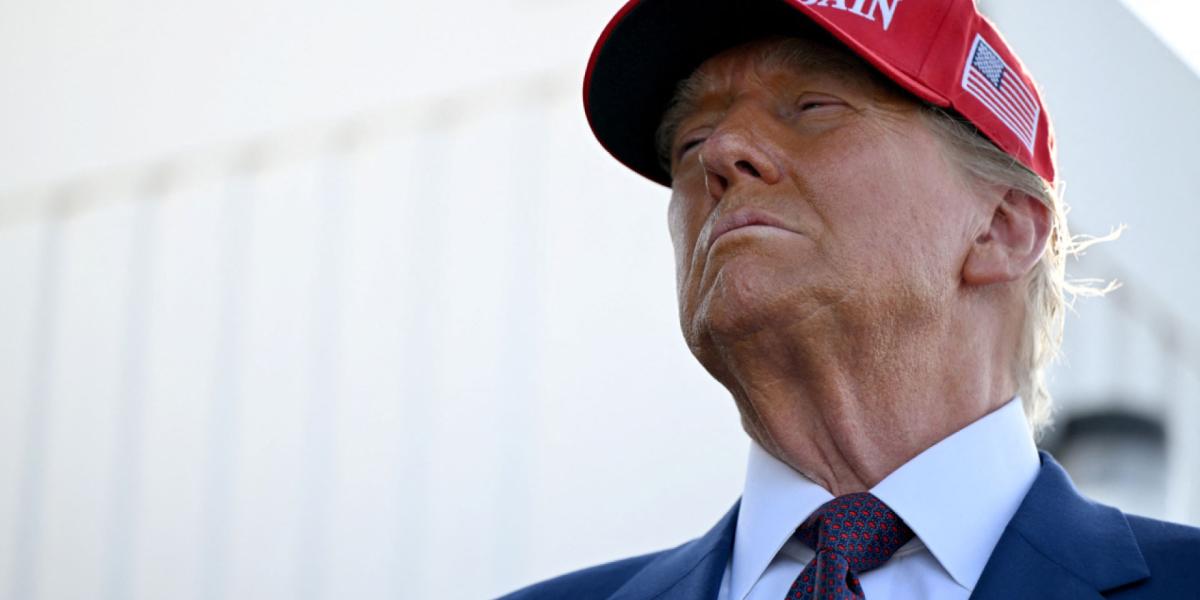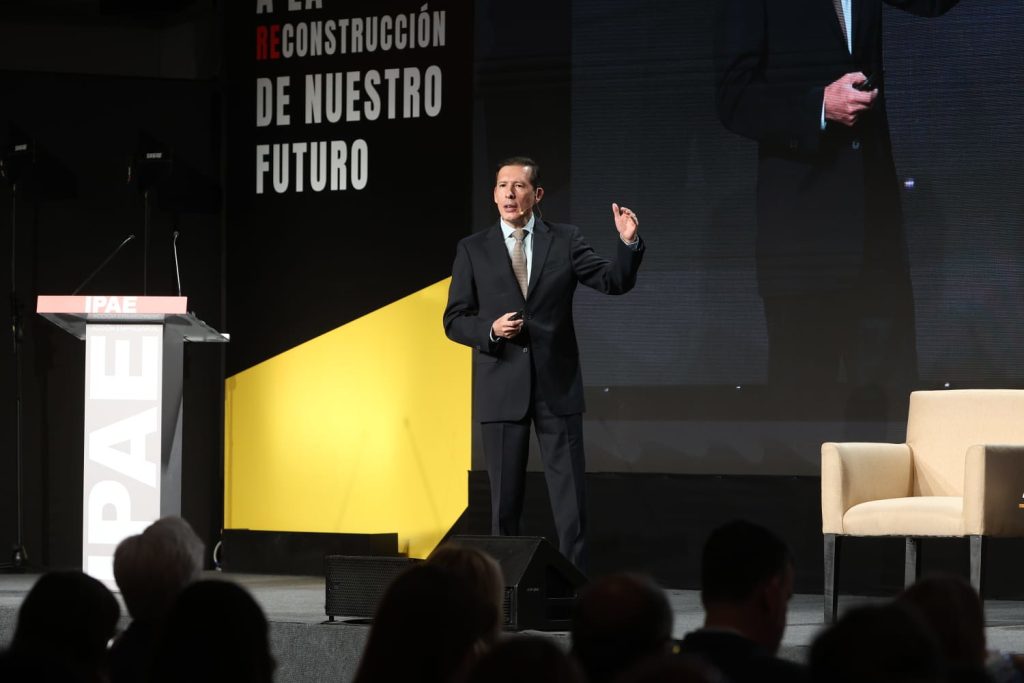The year 2025 looks as tense as the previous ones between the wars in Ukraine and the Middle Eastthe alliances between authoritarian regimes and the return of Donald Trump to power in the United States, whose foreign policy weighs on the world agenda.
Middle East
Since the attack of Palestinian Islamist movement Hamas On October 7, 2023 in Israel, the region has been embroiled in a bloodbath, and on the brink of generalized war.
The escalation seems under control between Israel and Iran, the main support of Hamas and Lebanese Hezbollah, but for how long?
The Israeli government of Benjamin Netanyahu, reinforced by its victories on the ground, does not seem willing to a political solution with the Palestinians.
Trump’s return and the appointment of unconditional allies of Israel in his administration seem to announce, barring any surprise, a blank check for Netanyahu.
“The conflict in Gaza could enter a kind of limbo, with Israel imposing a military solution (…) without the beginning of a political solution,” estimates Michael Horowitz, an analyst at the security consultancy Le Beck International.
Ukraine
When Trump returns to the Oval Office, the Russian invasion of Ukraine He will have been almost three years old.
Ukraine faces a very difficult situation, due to the lack of soldiers and dependence on Western aid in the face of a Russia that is gaining ground, reinforced with North Korean soldiers.
Pressure is mounting on kyiv to negotiate, which from Moscow’s point of view amounts to its capitulation.
Trump assured before his election that he would solve the issue “within 24 hours.”
His complacency with Russian President Vladimir Putin during his first term, the appointment of figures critical of Ukraine to his future cabinet and the possible cessation of military aid to this country make kyiv fear the worst.
But the unpredictability of the American tycoon and his transactional diplomacy make it difficult to predict what he will do.
2025 will be a crucial year for Ukrainedepending on the pressures from Washington and Europe’s ability to support it.
Trump’s shadow in Latin America
The choice of Marco Rubio as future head of US diplomacy announces a “hardening of the relationship and sanctions” towards Cuba, Nicaragua and Venezuela, according to Carlos Malamud, analyst at the Real Instituto Elcano think tank.
However, it will be the future US trade and immigration policy that could have a strong impact on Latin America.
“The arrival of Trump, with the increase in protectionism and the strengthening of the dollar, is not good news for Latin American economies. If we add to this the possible expulsions of illegal migrants, the plate is served,” adds the expert.
The Republican promised a tough policy on the border with Mexico, an end to reception programs and “the largest deportation operation in the history of the United States.”
Beyond cutting off their dreams of a better life, experts warn of the economic impact on the countries of origin, especially in Central America, where remittances account for more than 30% of GDP in El Salvador or Nicaragua, according to the rating agency Fitch Ratings.
Furthermore, if the crises in Cuba and Venezuela persist, the exodus of their citizens could continue and, faced with a strong United States, they could seek new destinations in Europe and in Latin American countries that have already welcomed hundreds of thousands.
“In Mexico, the absorption capacity of this labor force is greater given the size of its economy, but for countries with less economic muscle, such as Panama or Costa Rica, this is a problem,” says Malamud.
Mexico is already under pressure. Trump threatened to impose tariffs on Mexican imports if migration and drug trafficking are not stopped.
Taiwan
Taiwan brings together all the ingredients for un future world conflict.
China claims it as part of its territory and does not rule out the use of force to take control. In recent years it has reinforced its military pressure by regularly sending warplanes, drones and ships around the island.
The United States is Taiwan’s main supporter in terms of security, although it does not recognize it diplomatically.
And while Democrats and Republicans share a hostile position toward Beijing, Marco Rubio is famous for his opposition to China, where he is prohibited from entering.
Mike Waltz who is expected to serve as National Security Advisor in the White House, called for “arming Taiwan now.”
North Korea
North Korea, possessor of atomic bombs, increased its ballistic tests in 2024 and, like Iran, it made an unprecedented rapprochement with Russia, even signing a mutual defense treaty.
“Putin wants soldiers and ammunition from North Korea and, in return, Pyongyang wants military technology,” summarizes Fyodor Tertiskiy, a Carnegie researcher.
Andrew Yeo, of the American think tank Brookings, foresees “a new phase of great instability and possible escalation in Northeast Asia.”
“Military cooperation with Moscow occurs in a context of escalating tensions on the Korean peninsula,” says Yeo, citing Pyongyang’s destruction of roads between the two Koreas, the alleged incursion of South Korean drones into its neighbor and the test of a new North Korean intercontinental ballistic missile in November.















